At The Observer, Howard Hodgkin, who has a show at Modern Art Oxford through September 5, discusses painting, memory and fear with staff writer Tim Adams. Here’s an excerpt.
Time and Place takes in paintings from the last 10 years. Do you think of your work in terms of decades?
No not at all, I’m not an artist who is a historian of their own work � unlike a few I could name.
You are well known for painting and overpainting over a long period before something is completed, but there seems a greater simplicity in the new work. Do you have a sense of moving toward clarity?
I hope so. I got tired repainting things over and over, so now I tend to sit, sometimes for months, in this chair, and think it out, and then it all comes together quickly. Getting older is to me a sort of shorthand. There are a lot of things you know already.
Does that feel like a liberation?
It does. The problem is there is nothing to look at while you are waiting.
When did you change the way you work?
Around the time I was ill early last year. I had a loss of memory. I have an illness called hydrocephalus, which is like having water on the brain. I had a period in which I was not with it at all. People tell me I was unrecognisable, which is shocking because I was not aware of how far I had fallen.
Are you fully recovered?
Yes, but I did have a strong sense of mortality, which concentrates the mind. I had an operation and I produced some work even from the hospital bed. I’m left with a loss of balance, which comes and goes, and incontinence, which is an awful bore. Increasingly I feel I will have to get others to help me with the work.
Artists have triumphed over infirmity in different ways. I guess the model is Matisse and his extraordinary cut-outs?
Absolutely. My friend, who I live with, Anthony, said to me in a moment of impatience “Well I’m all ready with the scissors�” But of course I do lose heart. I always have. I am in one of those periods now. I hoped I might not be as anxious for this show as in the past, but I am.
What is the source of the fear?
It’s a fear of people not really looking. I want to know what people think. But it gets harder and harder; there is a sort of ready made reaction � once people have seen your work they feel they know it. Surprising oneself is easier than surprising other people.
You’ve often spoken of how you paint to capture the shape and colour of your memories. How far back do they go?
Early childhood. I can remember the moment I decided I should be an artist. I had drawn a woman with very red hair, with a crayon, and everyone loved the colour. And I thought, well, if people are going to say nice things, I’ll do that. I loved being praised, still do. There’s a quotation from Evelyn Waugh, in response to someone who asked for his assistance in setting up a fund for young writers. He said: “It’s not young writers who need help, it’s old ones you should be looking out for.” The young can take care of themselves.
Would you recognise your younger self as the same person you are now?
Oh very much so, horrifyingly so. I think back on myself as a tortoise who only had got this far out into the world. I’m an orphan now, in that my sister died recently, and she was the last connection with that old life. My three children, who I see often, are so critical and judgmental of me that I can’t always pay too much attention to what they say. It’s positive and negative, and I suppose that is a child’s role, but it is another hurdle.
Do you think one learns more from failure than success?
There is an English way of grasping at failure to comfort yourself. My father was a brilliant alpine gardener of all things, and he was given a gold medal by the Royal Horticultural Society only when he was dying. He lived a life of quiet desperation with my mother, who lived a life of noisier desperation with him. She said failure was good for the soul, but I don’t think it’s true.
What were the best of times?
Oh, now. I wouldn’t be an awkward adolescent again for anything. To say nothing of the deserts that come afterwards�
“Howard Hodgkin: Time and Place,” Modern Art Oxford, Oxford, UK. Through Sept. 5, 2010.The show travels to San Diego in February 2011.
Recommended books:
Howard Hodgkin: Time and Place Essay by Sam Smiles, Emeritus Professor of Art History, University of Plymouth and Tate Research Fellow 2009-12. The catalogue also contains selected critical responses to Howard Hodgkin�s work from 1962-2009. (Exhibition catalogue)
Howard Hodgkin: The Complete Paintings: Catalogue Raisonne
Writers on Howard Hodgkin
Related posts:
Some old gold: 2006 interview with Howard Hodgkin
The nakedly emotional bravura of Howard Hodgkin
The four Turner Prize-winning painters
Criticism and geographic context



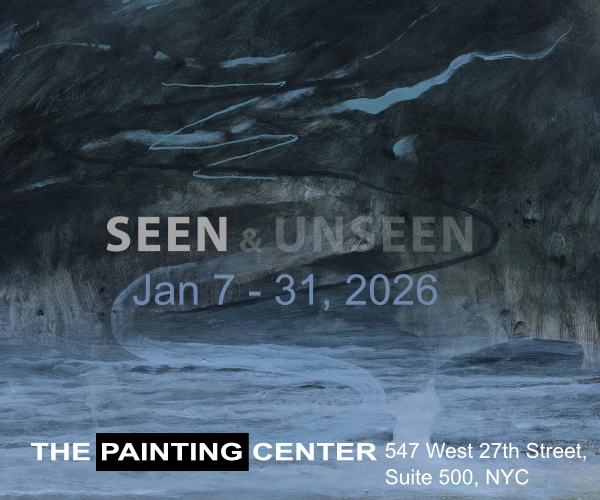


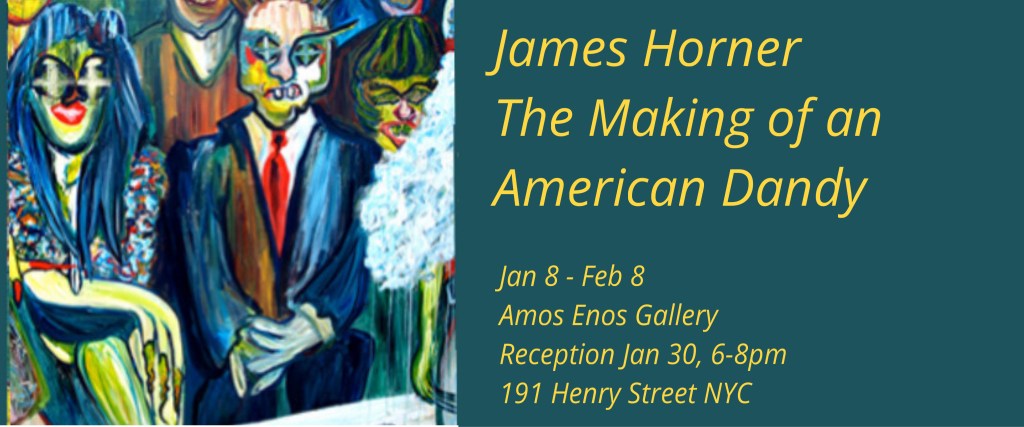
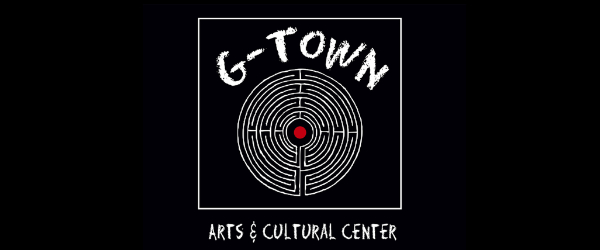











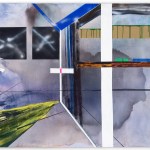
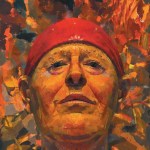

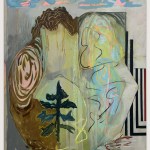

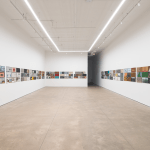
Hodgkin is brilliant.
Thanks for posting this. I had no idea he'd been ill. Kimmelman did a great review of his 07 show at Yale, in the NYT.
Hodgkin is amazingly talented! This was a truly moving interview.
Karena
Art by Karena
Thank you Sharon! I love his work.
Thanks for posting this, it rings true and of course we all see what it is we ourselves know, but it is touching also.
Thanks for posting!